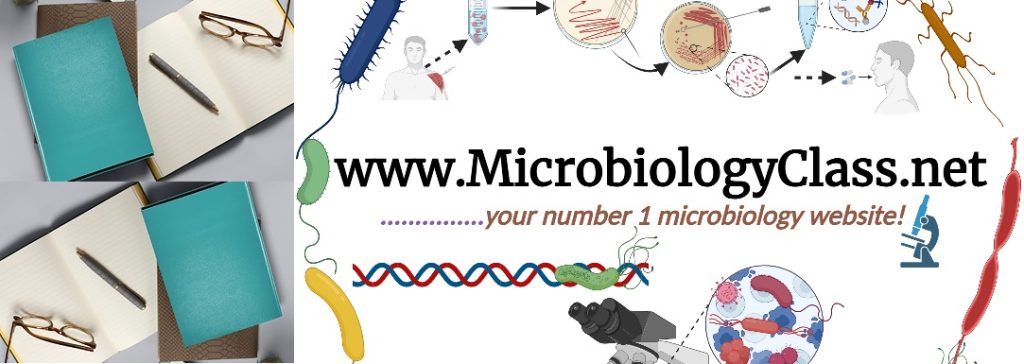UNU offers Postdoctoral Fellowships to provide young scholars and policymakers, especially from the developing world, with a multidisciplinary context within which to pursue advanced research and training that are of professional interest to the successful applicant and of direct relevance to the research agenda of their selected thematic programme. Since the start of the Fellowship Programme at UNU-IAS in 1996, more than 250 young researchers – 70% of whom are from the developing world – have benefited from collaboration with UNU and Japanese scholars.
Jointly organized by the UNU and the Japan Society for the Promotion of Science (JSPS), the JSPS–UNU Postdoctoral Fellowship Programme is designed to provide promising, highly qualified young researchers with the opportunity to conduct advanced research in sustainability under host researchers at domestic universities and research institutions across Japan in cooperation with UNU-IAS.
This fellowship is aimed at candidates who have completed their doctorates in the past six years (with the period of maternity/paternity leave subtracted) and have professional and/or research experience. UNU-IAS Tokyo acts as the nominating authority for the JSPS–UNU Postdoctoral Fellowship Programme. Nominated fellows will be considered members of their host institutions and are required to carry out their research under the supervision of their host researcher. It is possible for fellows to conduct research at UNU-IAS if mutually agreed upon by the host university.
Eligibility
Applicants must hold a doctoral degree at the time of application (received on or after 2 April 2019 with the period of maternity/paternity leave subtracted, counting 4 weeks as a month) or be scheduled to receive a doctoral diploma by the end of July 2025 after passing the dissertation defense. Applicants must be citizens of countries that have diplomatic relations with Japan.
Japanese nationals (including dual citizenship holders) and permanent residents of Japan are not eligible to apply. Those who have previously been awarded a Standard or Pathway Fellowship under the JSPS Postdoctoral Fellowship for Research in Japan are also not eligible.
Terms of the Award
- Airfare: a round-trip air ticket (based on JSPS regulations)
- Maintenance allowance: JPY 362,000 per month
- Miscellaneous: a settling-in allowance of JPY 200,000 and overseas travel insurance
The award amounts are subject to change by JSPS.
Note: If a fellow is already living in Japan or obtains resident status before the fellowship is scheduled to begin, the air ticket to Japan and settling-in allowance will not be provided.
A research grant (Grant-in-Aid for Scientific Research) is available to cover cooperative research-related expenses. Application for these grants is made by the host researcher through the host institution.
Applications
Interested and eligible candidates are invited to fill out the application form by 31 January 2025 (23:59 JST). The form must be filled out in English.
Please note that the host researcher must be confirmed before applying for the fellowship. Applicants are responsible for finding and negotiating an agreement with a host researcher at a Japanese institution as the UNU-IAS Fellowship Committee cannot support the process. Furthermore, UNU-IAS researchers are not eligible to become host researchers. A list of eligible host institutions is available here.
The UNU-IAS Fellowship Committee will begin reviewing applications immediately after the application deadline. Only the shortlisted candidates will be called for an online interview. The Fellowship Committee will then reconfirm the intention of their chosen host researcher to supervise the candidate.
Nomination of Candidates
UNU will act as the nominating authority for the programme and the initial application should be submitted to UNU-IAS. UNU-IAS nominates candidates to JSPS based on the following criteria:
- The research objectives of the applicant and the quality of the research proposal
- The applicant’s academic merit and potential for successful research while in Japan
Duration of the Fellowship
Fellowships are awarded for a period of 24 months in full-month units starting from the date of initiation. Fellows must start their fellowship in Japan by 30 November 2025 and reside in Japan continuously over the duration of the fellowship.
UNU will contact successful candidates by April 2025 and the candidates will then submit an official application to JSPS through UNU-IAS. It might take up to three months for JSPS to process its award decisions after receiving the applications.
Research Areas
Under this programme, fellows are expected to conduct research in one of the thematic areas listed below under the supervision of the host researcher. The proposed research must be policy-relevant and incorporate gender issues within the research agenda.
- Governance for Sustainable Development (GSD)
- Biodiversity & Society (BDS)
- Water & Resource Management (WRM)
- Innovation & Education (IVE)
Required qualifications:
- PhD degree (no ABDs) in a related field, including but not limited to education, educational technology, computer science, and/or environmental policy, as well as experience in working with the social sciences and environmental sciences
- Demonstrated research and communication skills in similar areas
- Preferred research focus on education for biodiversity, climate change, and/or sustainable consumption and production, innovative pedagogies, inclusive learning technologies and/or institutional and organizational challenges to incorporate ESD into higher education activities
- Ability to design, implement and synthesize research involving both desk work and fieldwork
- Fluency in English writing and speaking is required; a working knowledge of Japanese and/or other UN official languages is desirable
Inquiries
Please send questions to fellowships@unu.edu
More information at: https://unu.edu/ias/postdoctoral-fellowships
Discover more from #1 Microbiology Resource Hub
Subscribe to get the latest posts to your email.



